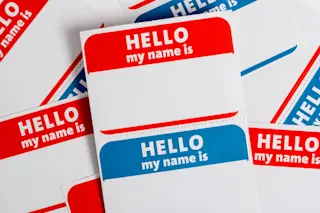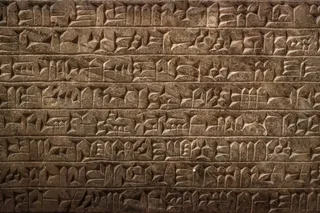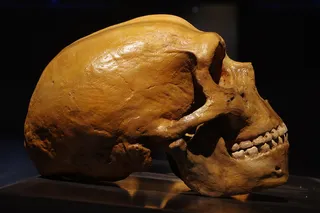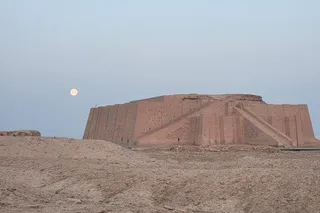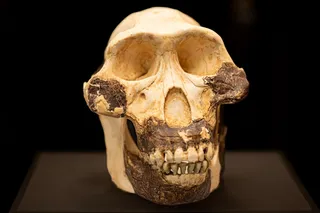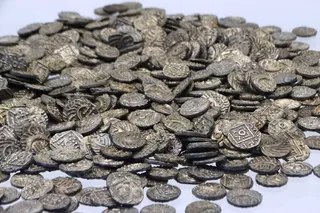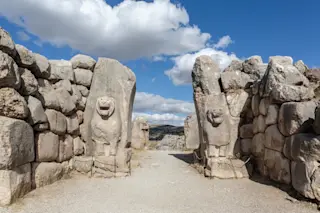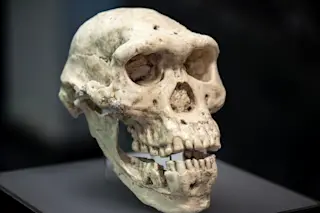What makes us human? Many answers would suffice, but in particular, our names offer an overlooked perspective on our humanity. Perhaps this is because names fall on somewhat of a nebulous side of our identity.
Names aren’t etched onto our DNA, and technically, they can be abandoned or customized at the whim of their owners. But for most, a name clings until the end of life and exists beyond death.
To understand how we distinguish one another with names, you would need to sift through unfathomably vast archives of information and decipher every single language. That pretty much defines the mission of anthroponymy — the study of humans’ names. As with any human invention, though, there must be a starting point; before branching cultural variations stretched the scope of naming systems, the concept of having a name first arose from prehistoric civilization.
Names have achieved lasting power through the use ...



